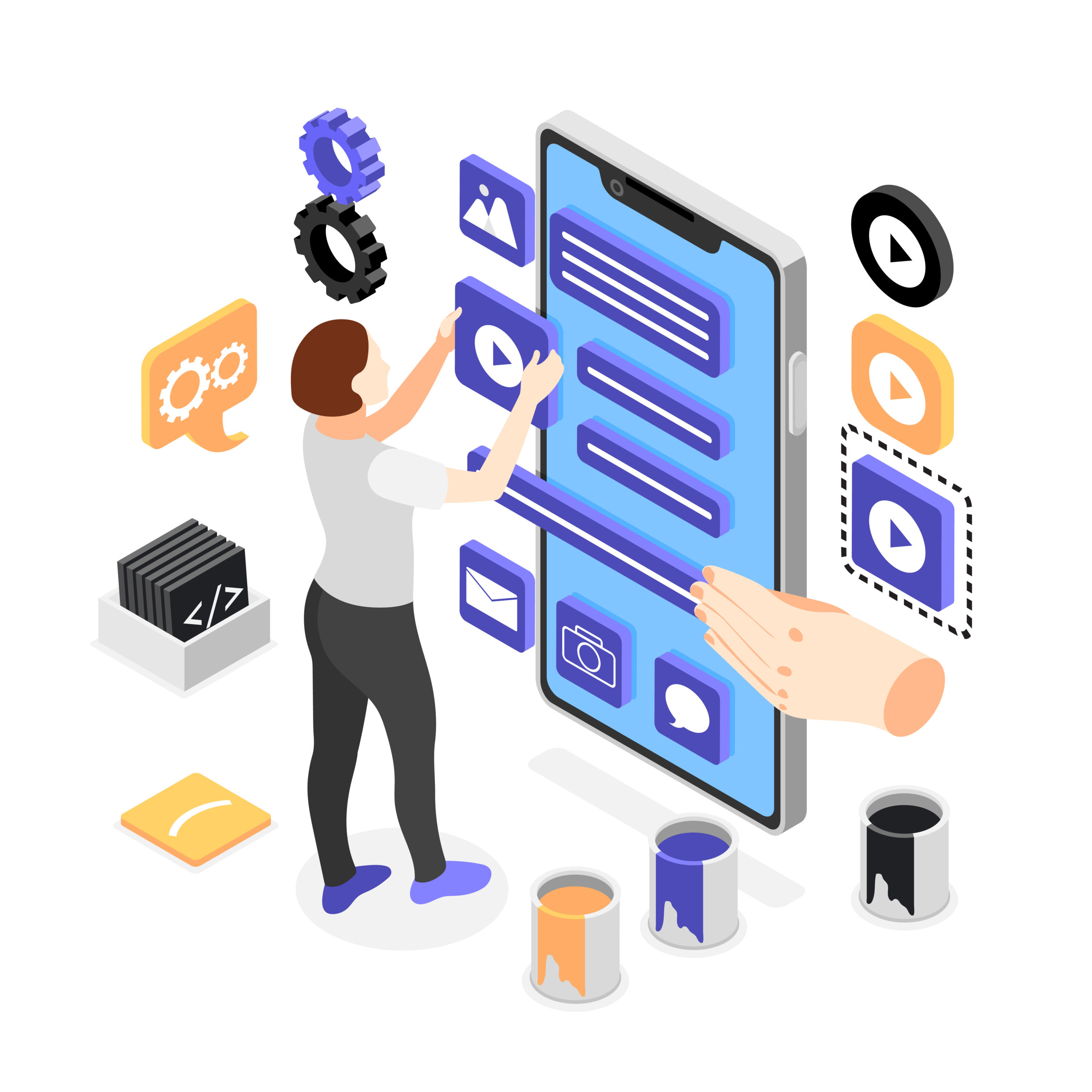Introduction
It’s no secret that the world has gone mobile. Even more surprisingly, there are more mobile devices right now in the world than people.
Apps for these devices are also abundant. From our pockets to our tablets, they shape our daily experiences. We’re living in an era where our smartphones are within an arm’s reach at all times, day or night.
So between helpful development platforms and software programs that do much of the groundwork, many small firms are in the business of developing mobile applications in-house. And with 85% of businesses now boasting their own mobile apps, it’s clear this is more than just a trend.
However, mobile application development involves understanding complexities and intricacies of mobile platforms, adhering to the principles of user experience, and staying ahead of the curve. It can be a complex and convoluted process for beginners
So today, let us discuss what the fundamental steps could be and how you could go about developing your project.
Step 1: Identify an App Idea
The first step involves making a clear plan as to what role the app will play – what are its crucial features.To build a successful app, make sure your idea addresses a specific unfulfilled need in the market. A solid app idea allows you to plan well for what comes ahead.
Step 2: Conduct Competitive Research
With millions of apps in the market, you will want to understand your competition to figure out how to make your app stand out. Start by studying the apps in your segment – in which aspects others have succeeded and where they fell short. Examine user reviews and ratings to understand user pain points and preferences.
Step 3: Outline Core Features
After studying the weak points, list the core features and remedies you would like to include. Define both the functionality and UX aspects of each feature. Some potential features to set your app apart from your competitors can include simplicity, speed, and good image resolution.
Step 4: Create Mockups
A mockup is a detailed outline of the app’s appearance. Once you have outlined the core features your app should have, you would want to know how it would look and feel. This involves a UI/UX developer drafting some templates that can be used in the final application.
Step 5: Plan App Security
Security is a key issue these days – any breach of customer data is a serious concern. Make sure you encrypt data, use authorized APIs, strong authentication procedures and tamper-detection softwares.
Step 6: Begin Coding
Coding can be divided into frontend and backend. Follow an Agile Management Technique to coordinate the efforts for a cohesive end product. Subject the software or parts of software to different testing environments to detect glitches.
Step 7: Gather and Implement User Feedback
After testing by in-house staff, the app should be introduced to users who don’t know the technical details. Their feedback can be valuable and critical, in making last minute adjustments before launching in the app store.
Step 8: Market your App
Even after launching, keep investing in the advertising of the app. This is required to acquire more users and drive engagement. By studying the target audience’s user behavior and demographics, you can formulate a marketing strategy.
Step 9: Continue to push for New Features and Updates
To remain relevant and competitive, consider releasing new features and updates providing more value and keeping users engaged. For this stay updated with the latest trends and changes in user preferences.
Conclusion
Building apps isn’t always easy. It is a long and complex process. It’s always a great idea to educate yourself instead of blindly getting into the business and hoping for the best.
Once you have finally decided to create an app, you should start by figuring out your app design which would require making some essential choices. The challenges might seem insurmountable, but work in segmented stages.
Take advantage of new technology and tools at your disposal. Today, you can make an app without any coding skills.
Ultimately, developing an app can be both rewarding and lucrative. It will contribute towards increasing your brand awareness and grow your business overall!
